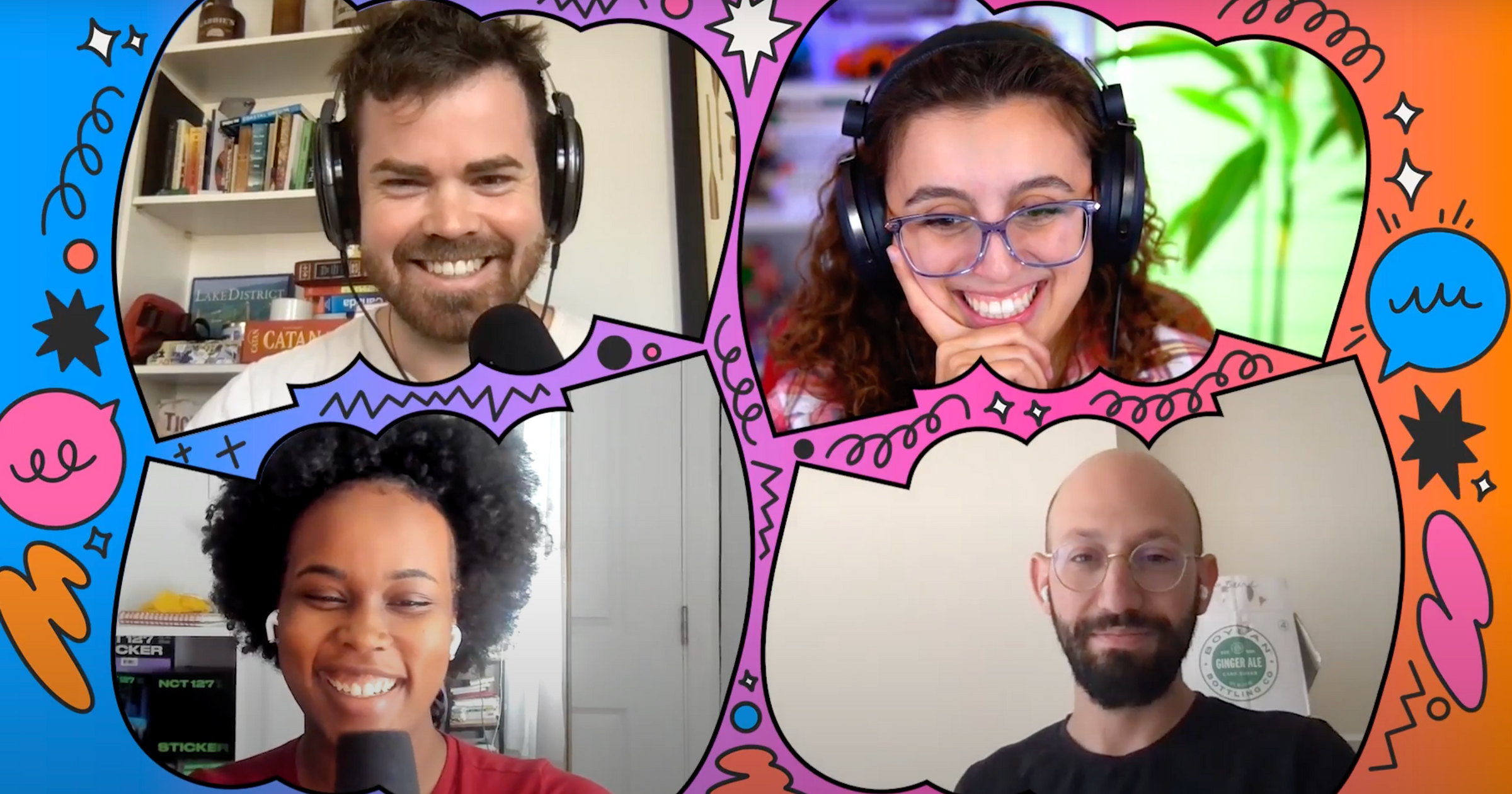For anyone learning to code these days, video instruction is a powerful resource. From tutorials to live coding sessions to more personal vlogs and even short films, coders are creating incredible content across a wide range of genres. In our 2022 Developer Survey, roughly 70% of learners said they turned to online resources when learning to code, a jump of 10% from the year before.

Source: Learning how to code
Digging a little deeper, we see that learning via video takes the #4 and #6 spots when it comes to online learning. We’ve already got a blog and hey, we’re Stack Overflow, where folks answering questions are providing a form of technical documentation, so video seemed like the obvious place to try and provide more value to our audience.

Starting today, Stack Overflow will be joining the party, publishing a video version of our weekly podcast to our YouTube channel and sharing some highlights and clips on our social media accounts. Below is video to accompany the podcast that was published this morning.
Over the last few years, we’ve covered plenty of topics that students and seasoned technologists alike might find useful or intriguing. We’ve met the folks guiding AWS education, chatted with the creator of modern PHP, spoken with CEOs who decided to become ICs, and had wide-ranging talks and debates on issues like burnout, open-source projects, and career growth. We've uploaded a total of four videos so far, and plan to share a lot more, both from our back catalog and new episodes, in the future.
Are there coders or creators you would like to hear from? Got suggestions for the kind of video content you would like to see from Stack Overflow? Drop us a line by email or leave a comment so we can learn from you.
